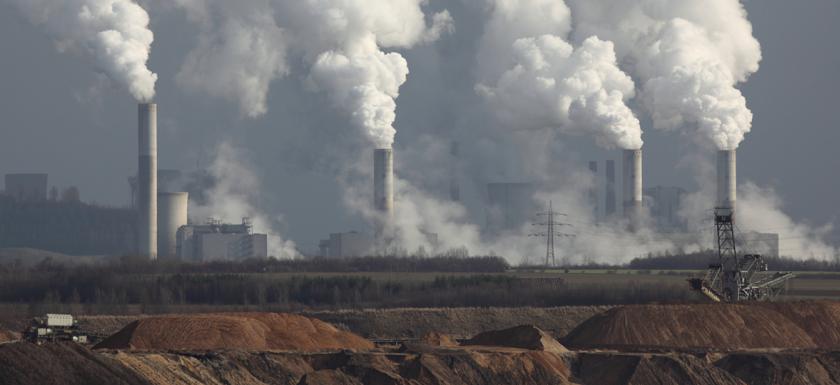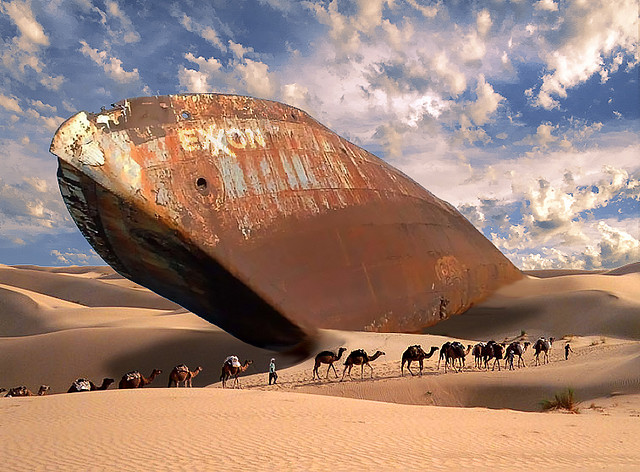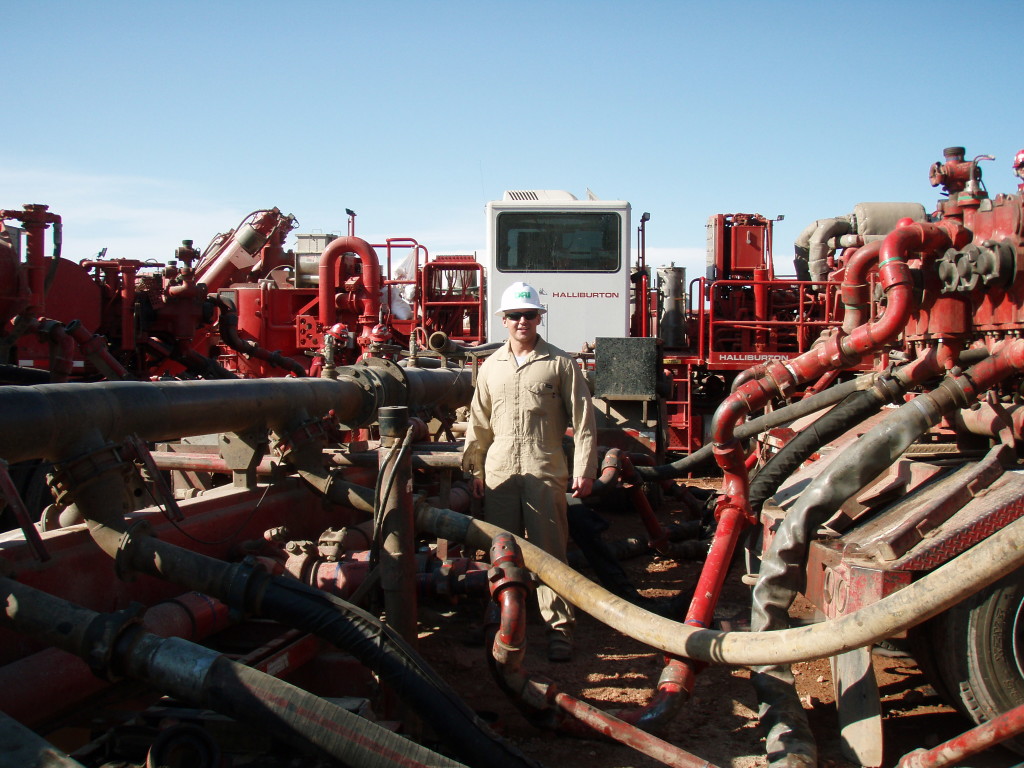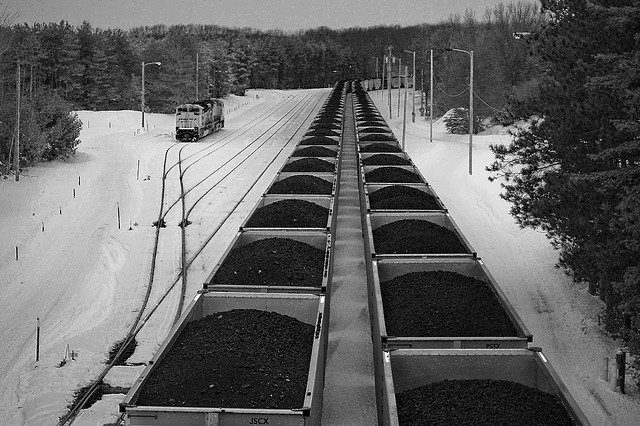Podcast: Play in new window | Download
Subscribe: RSS

“Damn! I can’t afford this! I just filled up with gas!” (Photo by okinawatakarabako.com)
A funny thing happens when countries can no longer afford massive subsidies to keep down the cost to consumers of fossil fuels: the governments stop paying, and their country stops dead, or changes governments. Cheap fuel was once a perk for anyone who happened to live in an oil-rich country. But the perk has become an entitlement, and woe betide the country who, upon discovering it is not in fact oil rich anymore, tries to balance the books by charging its people the actual cost of fuel.
Nigeria is Africa’s largest oil exporter, and third largest economy, yet it has desperate needs for investment in roads, power generation and water systems. The two principal reasons these needs have been unmet are generations of rampant government corruption, and the roughly $8 billion a year in fuel subsidies. In March, a new government won election on promises to stop the corruption and the subsidies. Continue reading






![The Glad News Bears are cute and entertaining, but should not be mistaken for financial advisers or life coaches. (Painting by Frederick Stuart Church [Public domain], via Wikimedia Commons)](https://www.dailyimpact.net/wp-content/uploads/2015/03/Dancing-Bears.jpg)

